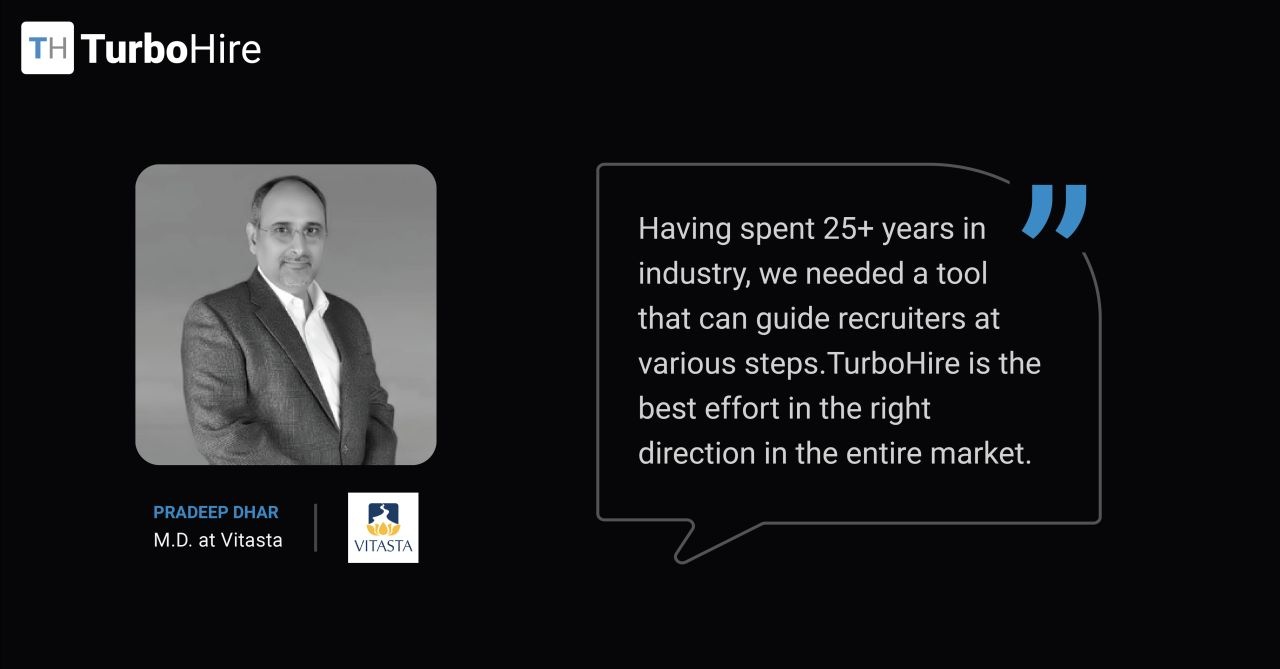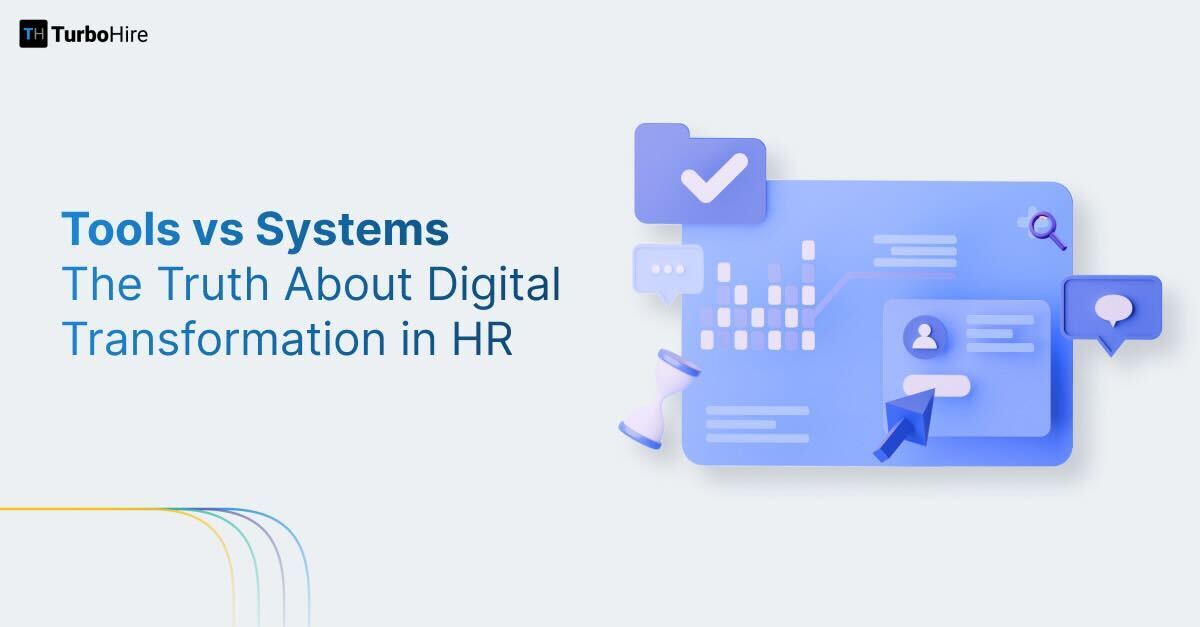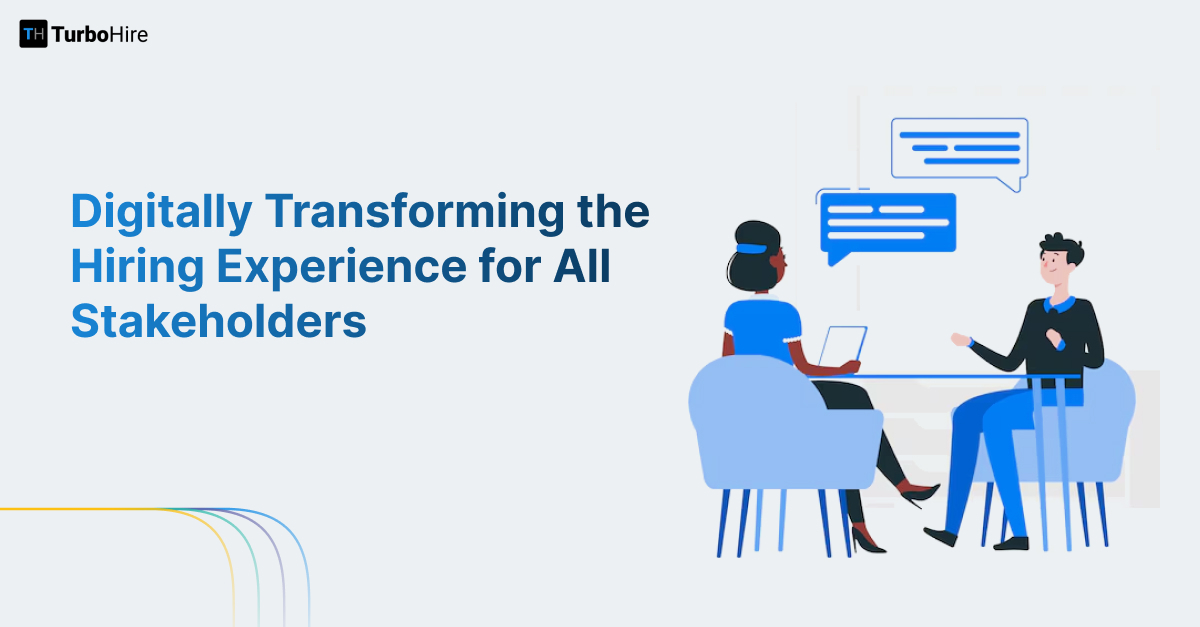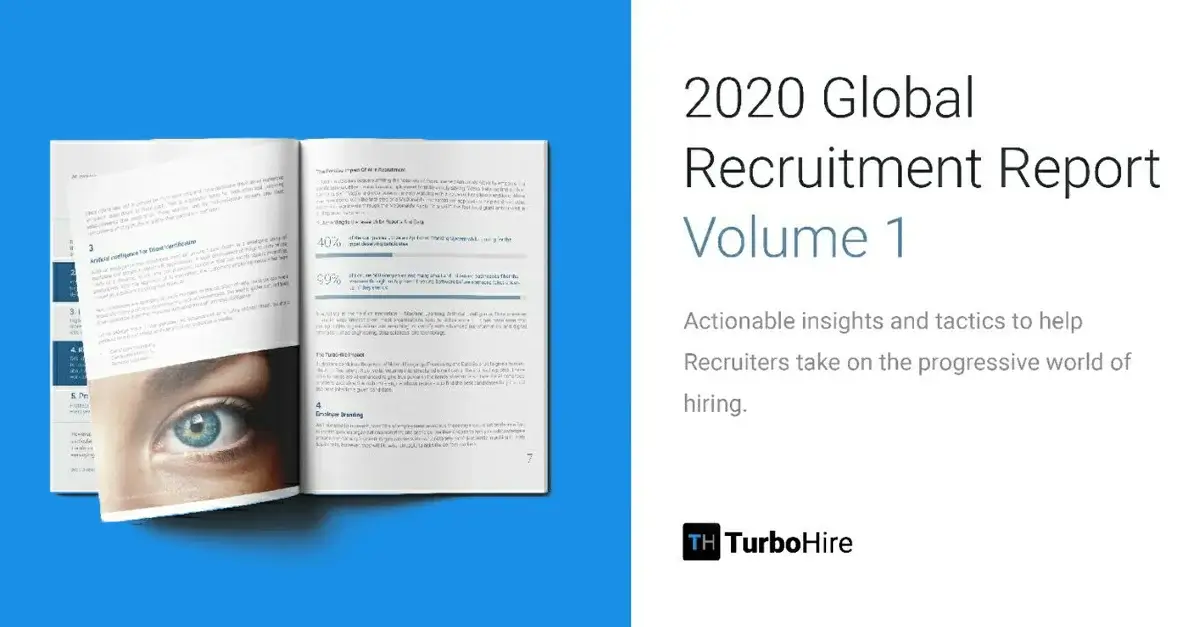Success in Talent Acquisition is not solely dependent on the company’s size, budget, or even compensation package. Rather, it depends largely upon doing the right things to bolster your strategies and avoiding the wrong things. Recruiting and managing the top talented employees is a complex task that requires a myriad of skills and abilities for it to be done successfully. However, dealing with prospects and employees who are in the highest echelons of talent is an altogether different task requiring different strategies and tactics.
Below are the top 10 important dos and don’t to consider in talent acquisition.
- Do Acknowledge Talented Candidates
- Don’t Assume Candidates To Understand Difficulties
- Do Seek Expert Help, If Need Be
- Don’t Overextend Your Organization’s Abilities
- Do Review Great Performance
- Don’t Rush Into Hiring
- Do Share Some Hiring Insights
- Don’t Forget The Millennials
- Do Guide A Good Candidate
- Don’t Confuse Potential With Performance
The Must-Have Checklist Of Talent Acquisition
1. Do Acknowledge Talented Candidates
Organizations frequently mistake pay as the best way to perceive a candidate’s achievements, yet this isn’t the situation. Everybody appreciates a greater check or a reward, however, the increase in honors and other public acknowledgments is likewise critical, and might be more compensating than more cash alone.
It’s additionally critical to quantify the vital indications of your candidates’ morale regularly. Major multinationals have been imaginative in this area, from surveying candidate commitment utilizing short however exceptionally engaged agendas gave out to essential applicants, to utilizing professional “stewards” to meet with successful employees and direct their vocations with that organization in all the more fulfilling and challenging direction.
2. Don’t Assume Candidates To Understand Difficulties
Even in the difficult times of your organization, during the talent acquisition process, it is important that you continue to reward the top candidates. Talented candidates usually have a clear idea of their abilities and you must not expect them to understand or share the sacrifices of the recruiters.
Therefore, if and when it’s an ideal opportunity to freeze pay rates or cut rewards, you risk finding your candidates disaffected at the possibility of carrying the same greater load with no greater benefit and shopping their talent elsewhere.
3. Do Seek Expert Help, If Need Be
While there is a gigantic pool of talent out there, there are likewise numerous organizations continually seeking their aptitudes. All together for your organization to stick out and draw in the most talented applicants, you should be attempting to amplify your range and visibility. Engaging with talent networks, exploiting the advantages of apps, focusing on both specialty and expansive job boards, and reaching out to a worldwide recruitment agency are all excellent strategies. Leading international recruiters have an established and highly stringent talent search and recruitment process, saving employers time and money as well as protecting them from the avoidable costs of hiring the wrong people.
4. Don’t Overextend Your Organization’s Abilities
Companies in the throes of hiring generally are experiencing various levels of pain wrought from organizational growth and change, the resignation or firing of an employee, or some other scenario that leaves them hobbled by insufficient staffing or leadership talent. Their needs are specific, aimed at fulfilling particular personality and performance requirements, among other wishes.
It is advised to not accept recruitment projects if you do not feel confident about your ability to meet a candidate’s needs or if you don’t feel comfortable about recruiting for a specific organization.
Bonus read! 6 ways to improve Employer Branding
5. Do Review Great Performance
Performance reviews are seen as a waste of time by most organizations and hence they get away with it as quickly as they can without paying much attention to it. The utter importance of reviewing good performance has been forgotten. They are not merely an opportunity to critique each worker.
A Performance Review Program is an ideal opportunity to have significant long-haul professional conversations. Not having them is harmful, as useless surveys yell to your top ability that your association isn’t in any way shape, or form intrigued by their drawn-out career objectives or their personal or professional development.
Bonus read! Importance of Recruitment Reports in Hiring
6. Don’t Rush Into The Hiring Process
Hiring and rushing do not go well together. Rushing into hiring someone you think would be beneficial without properly reviewing will often have you ended up with a bad experience. Building a team of great talents takes time and planning. Rushing into recruitment can have devastating consequences for your company.
While hiring talented candidates, the first focus must be on your company’s long-term objectives and to take an ample amount of time to plan a strategy and budget to keep recruiting goals on track. The onboarding goals should be clearly explained to the candidates because even top-notch candidates require attention and care during the initial months.
7. Do Share Some Hiring Insights
Sharing some hiring insight about the company with candidates can deepen trust while building a proposition. Tiny details about the position, with the knowledge of the company’s history, culture, future plans, and strategies can attract quality candidates.
Not only will you better attract and retain right-fit candidates, but you also offer an opt-out opportunity for candidates if they discover they do not fit the culture or are not enthused about the particular challenges looming ahead.
8. Don’t Forget The Millenials
By 2030, millennials will make up 75% of the workforce. So, if you aren’t actively working to build a recruitment process that attracts millennials to your company, then you need to start now.
That may be easier said than done, though; compared to previous generations of workers, millennials have a different perspective on office life and distinctive views on how they envision the trajectory of their career.
Millennials altogether consider how they can learn and bloom in a position and have demonstrated that they need a mentor who has put resources into their own and professional development, not simply a boss. During the recruitment cycle, try to put more emphasis on the values of your organization and the strategies and alternatives for development and improvement. Also, consider making a millennial-friendly workspace — an open plan is key.
Bonus read! Millennials VS Generation Z — Key Recruiting Differences
9. Do Guide A Good Candidate
For many years now, in most companies, candidates have always been on the receiving end of a job interview. To make your company stand out, in advance of the meeting, recruiters must be encouraged to help the high-level candidates with some guidance through a strategy session.
This proves to have a more productive and meaningful interview or meeting which helps the candidate be more confident and present their skills efficiently without having any extra stress.
10. Don’t Confuse Potential With Performance
Oftentimes companies consider a high-level candidate’s past quality of output as a prologue to the kind of output that will occur going forward. However, that is incorrect far more often than not.
Most top performers simply don’t have the tools necessary to carry their high performance forward into the future. As a result, a company that doesn’t recognize this fact is wasting its energy on the talent that simply isn’t all that talented.
A High-level Candidate Is Also Highly Demanded
When looking for elevated level competitors, first spotlight on the relations with your present workers and on establishing a workplace that they flourish in. This in itself will assist you with building up an effective employer reference program and an organizational culture that is anything but difficult to sell.
When you are comfortable with your organization’s drawn-out objectives and methods, work to amplify your scope and possibilities, and do intensive exploration prior to connecting with applicants.





















